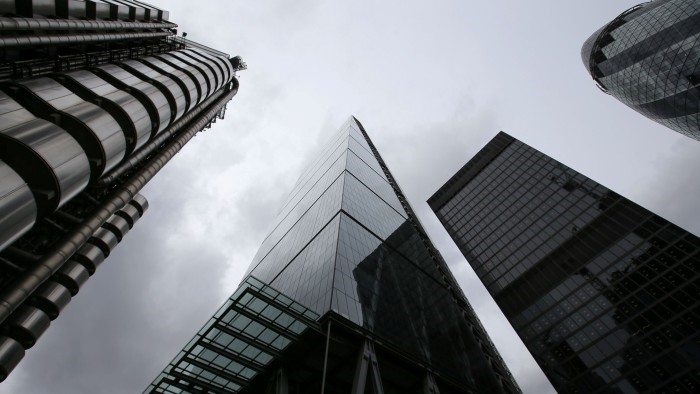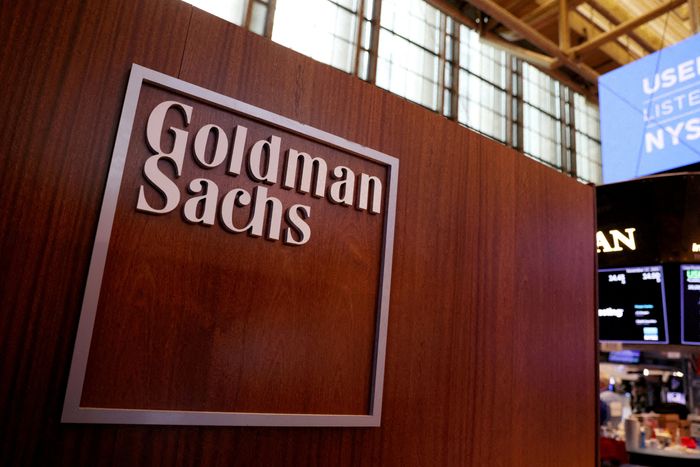British Land: rejection of Meta stand-in marks an inflection point
Even if the property downturn lasts a little longer, further steep declines in the share price are unlikely
Pain is on the wane in the UK commercial real estate industry. That is the message of British Land. The UK property group is conservatively run. But boss Simon Carter has gone so far as to hint that the cycle has reached an inflection point. Concrete evidence came in the form of British Land’s decision to find a lucrative new tenant for a building near Regent’s Park in London that Meta never occupied. The alternative was to accept a surer substitute referred by the social networking group. Rates are peaking in the US, UK and EU. British Land’s portfolio is yielding rents of 6.1 per cent, a substantial premium to long UK bonds. Even if the property downturn has a little longer to go, further steep declines in British Land’s share price are unlikely. The UK property group reported solid performance over the six months to September. Occupancy levels remain well above 90 per cent across its portfolio of big London office developments, UK retail parks and logistics sites. Rents are growing faster than expected. Property value declines are slowing. Low office occupancy remains a dark cloud over the sector but bifurcation and strong demand for good quality space are working for British Land. Meta agreed to pay £70 per square foot back in 2021. The space is worth closer to £90 today. Growth in forecast rents of 3.2 per cent over the past six months has offset a 2.5 per cent decline in property values, pushing average rental yields just 23 basis points higher. British Land’s share price remains in the doldrums. The stock has dropped almost 20 per cent lower over the past year. It is at a 25 per cent discount to spot gross asset value, thinks analyst Adam Shapton of Green Street. Taking the discount on the shares into account, that equates to a look-through rental yield of more like 8 per cent. Compare that with the 5 per cent on UK long bonds and it looks as if shares have been oversold. Even if property values fall further, the hit from higher rates is more than reflected in the share price. Reports Financial Times





